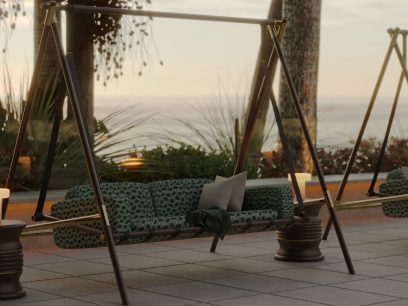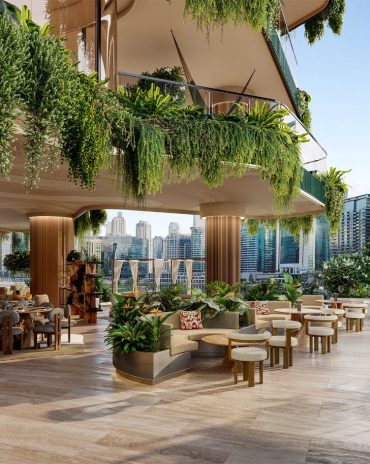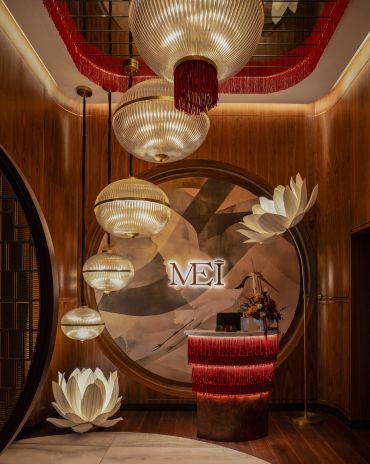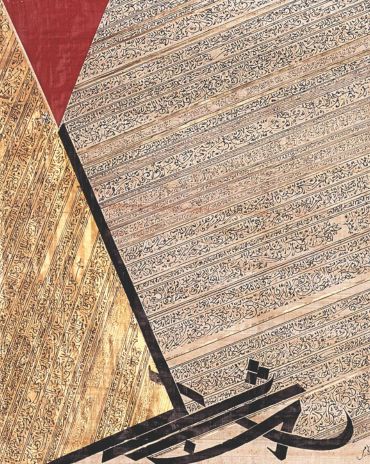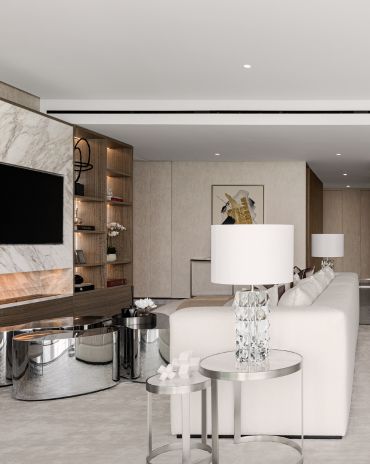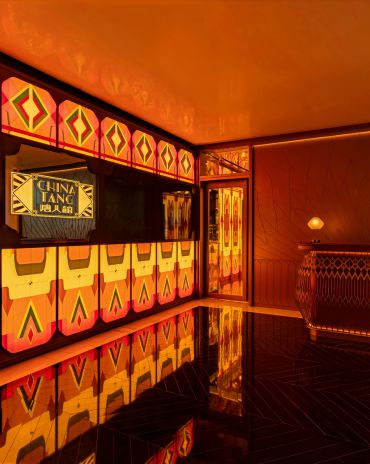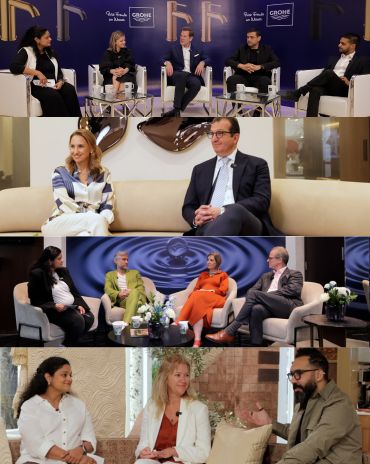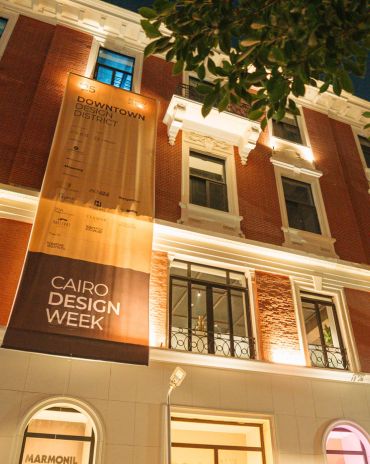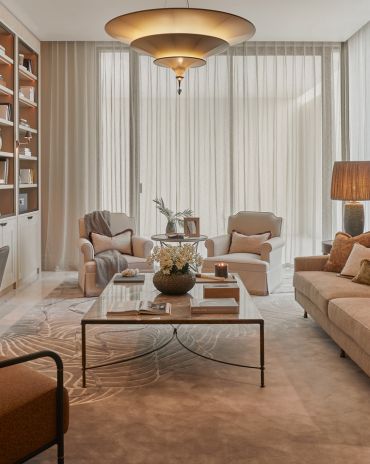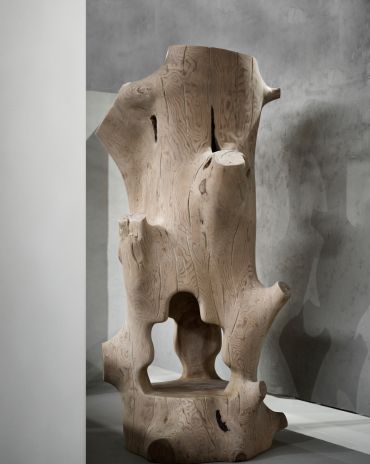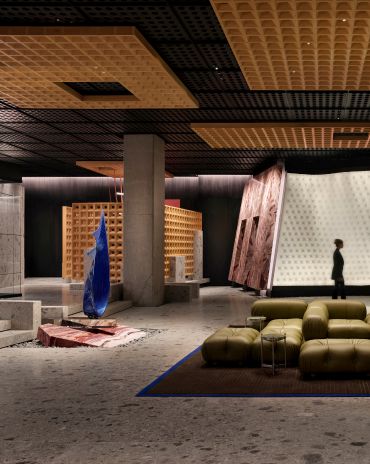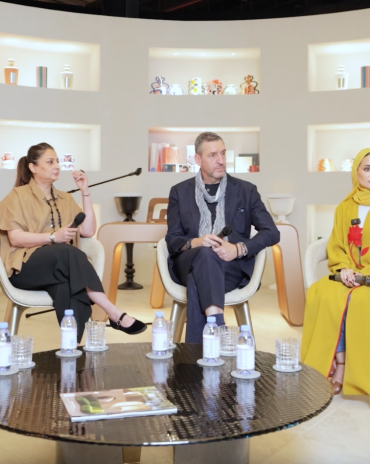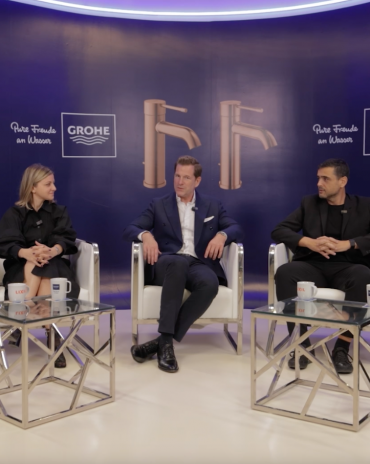Copyright © 2025 Motivate Media Group. All rights reserved.
Paving the way
identity hosted a panel in collaboration with Ideal Standard during Dubai Design Week about pushing the boundaries of design evolution
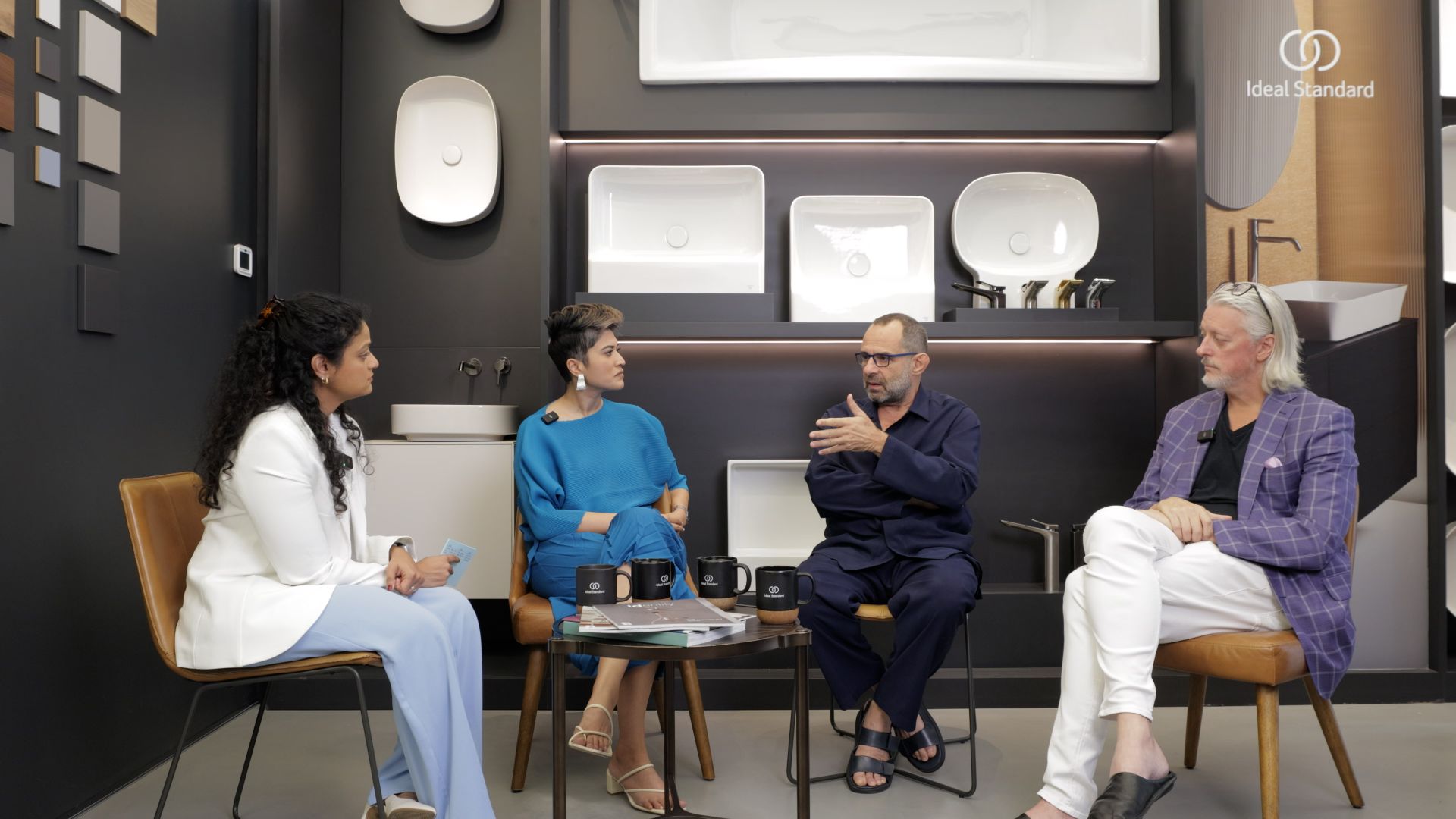
As the design industry shifts towards sustainable and performance-driven solutions, designers face a critical challenge: how to push the boundaries of innovation while honouring functionality and environmental responsibility. At the heart of this evolution lies the conversation around sustainability, innovation, storytelling and the deeply human aspects of creativity: emotion, inspiration and connection.
During Dubai Design Week, identity collaborated with Ideal Standard to host an engaging panel discussion at the Ideal Standard Design and Specification Center in City Walk, Dubai. The panellists included Roberto Palomba, Chief Design Officer at Ideal Standard and Founder of Palomba Serafini Associati; Pallavi Dean, Founder and Creative Director of ROAR; and Justin Wells, Founder of Wells International, who shared their insights on how the design industry can navigate and rise to various challenges that the future presents.
View the video below
The panel touched upon the reality of sustainability. Palomba reflected on the responsibility his generation bears for environmental degradation. “My generation pushed boundaries that led to the destruction of nature, from plastic waste to air pollution,” he shared candidly. Palomba underscored that sustainability is no longer a trend or a choice – it is a necessity and should be part of the law. “If we want to breathe in the future, we must act now,” he added. Palomba also highlighted the key principles guiding his sustainability-driven approach, highlighting considerations such as durability, disassembly and recyclability.
Dean emphasised that true sustainability must start at the grassroots level, from material sourcing to manufacturing processes. “It’s not about installing a sensor tap and calling it a day. It’s about considering every step of the product’s lifecycle, from the raw materials used to minimising wastage in production,” she noted. Wells emphasised the importance of aligning innovation with environmental responsibility and with reviewing every part of the design process, from the sourcing of material to logistics. He noted that designers must consider not only the functionality of their creations but also the broader impact on communities and ecosystems. Wells also highlighted that while technology and innovation provide exciting opportunities for evolution in design, they must be approached with caution. The industry’s future depends on creating spaces and products that not only meet user expectations but also contribute positively to the environment.
The panellists also discussed the importance of cultural context and the importance of craftsmanship in contemporary life, and shared their thoughts about how technology and affects their practices and businesses.
The Latest
How Eywa’s design execution is both challenging and exceptional
Mihir Sanganee, Chief Strategy Officer and Co-Founder at Designsmith shares the journey behind shaping the interior fitout of this regenerative design project
Design Take: MEI by 4SPACE
Where heritage meets modern design.
The Choreographer of Letters
Taking place at the Bassam Freiha Art Foundation until 25 January 2026, this landmark exhibition features Nja Mahdaoui, one of the most influential figures in Arab modern art
A Home Away from Home
This home, designed by Blush International at the Atlantis The Royal Residences, perfectly balances practicality and beauty
Design Take: China Tang Dubai
Heritage aesthetics redefined through scale, texture, and vision.
Dubai Design Week: A Retrospective
The identity team were actively involved in Dubai Design Week and Downtown Design, capturing collaborations and taking part in key dialogues with the industry. Here’s an overview.
Highlights of Cairo Design Week 2025
Art, architecture, and culture shaped up this year's Cairo Design Week.
A Modern Haven
Sophie Paterson Interiors brings a refined, contemporary sensibility to a family home in Oman, blending soft luxury with subtle nods to local heritage
Past Reveals Future
Maison&Objet Paris returns from 15 to 19 January 2026 under the banner of excellence and savoir-faire
Sensory Design
Designed by Wangan Studio, this avant-garde space, dedicated to care, feels like a contemporary art gallery
Winner’s Panel with IF Hub
identity gathered for a conversation on 'The Art of Design - Curation and Storytelling'.
Building Spaces That Endure
identity hosted a panel in collaboration with GROHE.

